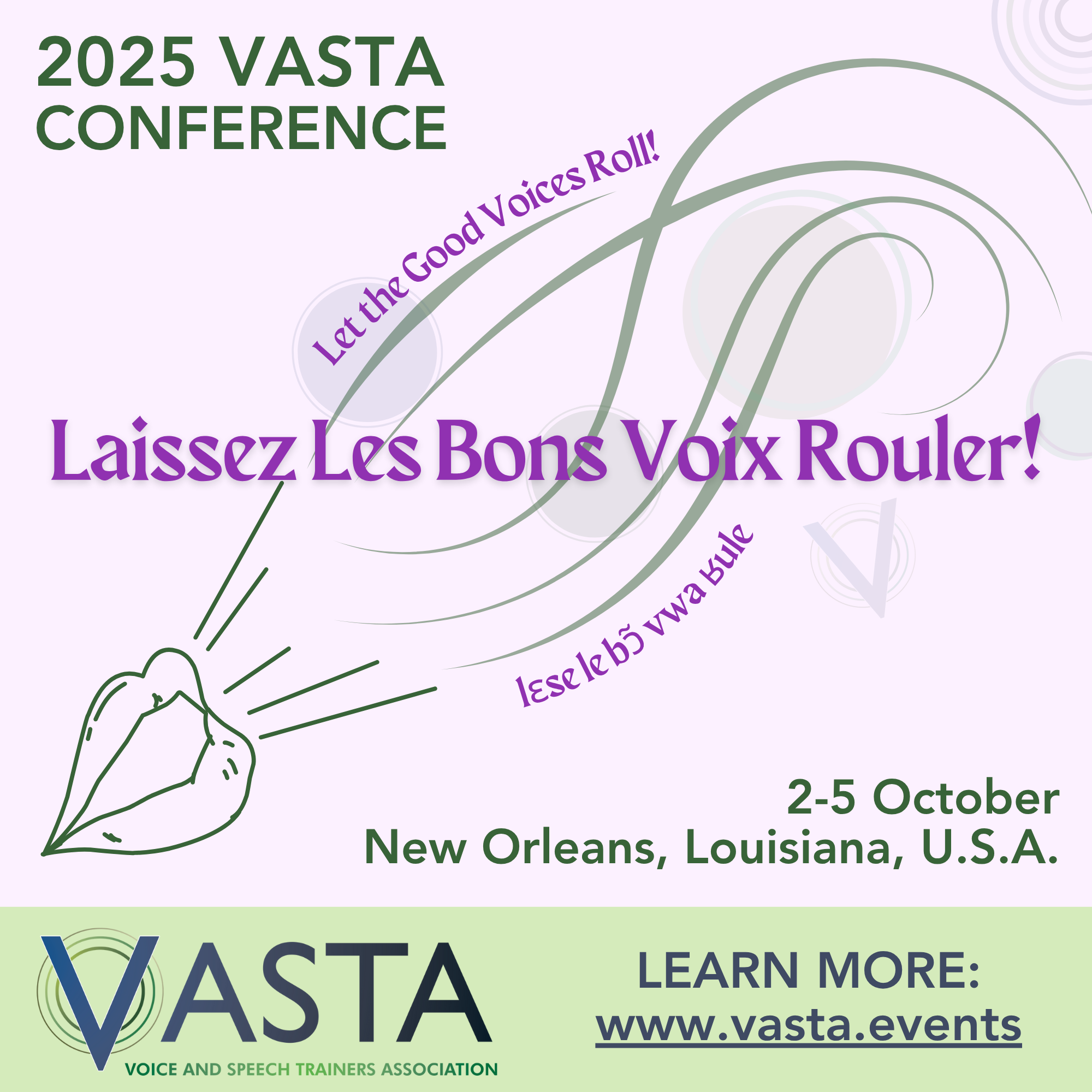Cuba 2
Listen to Cuba 2, a 55-year-old woman from Santiago de Cuba, Cuba, and the United States. Click or tap the triangle-shaped play button to hear the subject.
Both as a courtesy and to comply with copyright law, please remember to credit IDEA for direct or indirect use of samples. IDEA is a free resource; please consider supporting us.
BIOGRAPHICAL INFORMATION
AGE: 55
DATE OF BIRTH (DD/MM/YYYY): 1950
PLACE OF BIRTH: Eastern Cuba by Santiago de Cuba
GENDER: female
ETHNICITY: Cuban
OCCUPATION: professor
EDUCATION: B.A. from California State University Fullerton
AREA(S) OF RESIDENCE OUTSIDE REPRESENTATIVE REGION FOR LONGER THAN SIX MONTHS:
The subject lived in Madrid, Spain, for one year. She also lived in New Jersey, in the United States, for less than one year. She then moved to California and has lived there since.
OTHER INFLUENCES ON SPEECH:
She lived in Spain for one year and in New Jersey for less than one year. She lives in and received college education in California.
The text used in our recordings of scripted speech can be found by clicking here.
RECORDED BY: Lauren Stevens (under supervision of David Nevell)
DATE OF RECORDING (DD/MM/YYYY): 11/2005
PHONETIC TRANSCRIPTION OF SCRIPTED SPEECH: N/A
TRANSCRIBED BY: N/A
DATE OF TRANSCRIPTION (DD/MM/YYYY): N/A
ORTHOGRAPHIC TRANSCRIPTION OF UNSCRIPTED SPEECH:
[INTERVIEWER: Where are you from?] Cuba. [INTERVIEWER: What part of Cuba?] Uhh, the umm, east, easter part of Cuba. [INTERVIEWER: When did you come to America?] I came here in the 70s, early 70s. [INTERVIEWER: Can you tell me a little about your background?] Yeah I was born in Cuba, and I wa, was raised there till I was 18 and then I left, and uh I live here ever since, and uh, I went to schoo- I went to college here, some of it, and umm, I went to college at Cal State Fullerton. [INTERVIEWER: Where were your parents from?] They, um, they were Cubans, yeah, people did not move that, people stayed in the same place forever. [INTERVIEWER: Tell me about the town where you grew up.] It was small town, very small town, you know, and um, we we didn’t have lights, street lights, it was very very small by our standards here, and uh, you know it was very simple life, go to school, go to church, go n’ eat. No Disneyland, no. But life was good, though. It was not as hectic. [INTERVIEWER: Describe your family.] Well uh, my family I have three children, you know, beautiful children. You know, I uh, I love it here, it’s a country that offers a lot of opportunities so I can see why people would want to come here. [INTERVIEWER: Tell me about something that is very important to you.] My family. Well it’s important to me, my family is the most important thing to me so, you, you know what is important to you, you know you really, it’s priority. Yeah, my children, my mother my dad, I mean my extended family as well. I guess some of my children believe I am too protective, but you know, you you try to protect what you love, and you don’t want to lose. Well you know it it it was good, it was really fun seeing them, you know, growing up and, especially the girls who are act, actors, actresses and they made up, you know, th the fun, and the plays and you know, everyth-every, every time there was something that we have to be doing you know so it was fun.TRANSCRIBED BY: Lauren Stevens (under supervision of David Nevell)
DATE OF TRANSCRIPTION (DD/MM/YYYY): 11/2005
PHONETIC TRANSCRIPTION OF UNSCRIPTED SPEECH: N/A
TRANSCRIBED BY: N/A
DATE OF TRANSCRIPTION (DD/MM/YYYY): N/A
SCHOLARLY COMMENTARY:
There is no jaw tension. For instance, the subject slides through consonants (i.e., beautiful, expect, extended) except when followed by a vowel (i.e., family, animal, sentimental). There is placement in the back of the mouth, emphasis on open vowels (i.e., liking, since, stressed) and dentalization. In addition, the subject does not enunciate consonants t, d, n and m at the ends of words (i.e., town, foot, expect and around). Lastly, rhythm starts up and ends up.
COMMENTARY BY: Lauren Stevens (under supervision of David Nevell)
DATE OF COMMENTARY (DD/MM/YYYY): 11/2005
The archive provides:
- Recordings of accent/dialect speakers from the region you select.
- Text of the speakers’ biographical details.
- Scholarly commentary and analysis in some cases.
- In most cases, an orthographic transcription of the speakers’ unscripted speech. In a small number of cases, you will also find a narrow phonetic transcription of the sample (see Phonetic Transcriptions for a complete list). The recordings average four minutes in length and feature both the reading of one of two standard passages, and some unscripted speech. The two passages are Comma Gets a Cure (currently our standard passage) and The Rainbow Passage (used in our earliest recordings).
For instructional materials or coaching in the accents and dialects represented here, please go to Other Dialect Services.
 IDEA: International Dialects of English Archive
IDEA: International Dialects of English Archive



